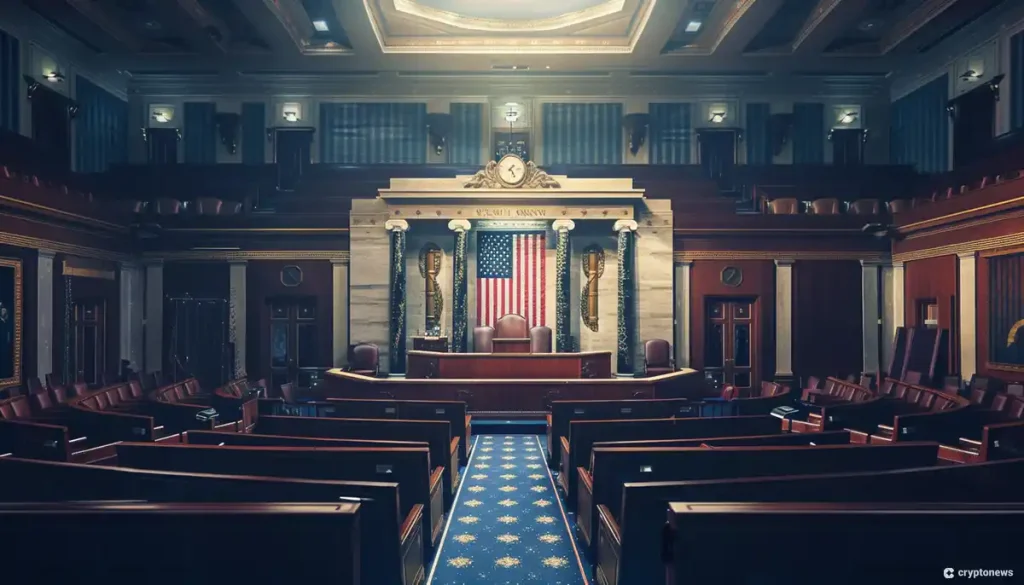The US House of Representatives will be voting on the Decentralization Bill, known as the Financial Innovation and Technology for the 21st Century Act (FIT21) this week. This bill aims to provide clarity and streamline regulations for traders and investors in the US regarding cryptocurrencies. The bill defines decentralization as the issuer or affiliated person having no control over more than 20% of the digital asset or its voting power. This legislation is seen as a crucial step in establishing a comprehensive regulatory framework for digital assets in the US, although it may face challenges in the Senate and the possibility of a presidential veto.
The bill proposes to clearly define the regulatory responsibilities of the Commodity Futures Trading Commission (CFTC) and the Securities and Exchange Commission (SEC) in regulating crypto transactions. The division of responsibilities will depend on factors such as the decentralization and functionality of the digital asset’s associated blockchain system, how the asset was acquired, and the digital asset holders. This will determine whether a digital asset is classified as a “restricted digital asset” subject to SEC rules or a “digital commodity” under CFTC jurisdiction.
The FIT21 aims to regulate digital assets from their inception. SEC-style disclosure-based regulations would apply to transactions like Initial Coin Offerings (ICOs) before a functional system exists. Prospective buyers would receive disclosures to assess unproven digital assets. The Blockchain Association has urged a full House floor vote on the US Decentralization Bill, emphasizing the need for legislation that provides a framework for innovation, regulatory clarity, and protection for users and consumers.
The US Decentralization Bill also establishes a certification process for blockchain systems to be treated as decentralized entities. Once certified, the digital asset becomes a “digital commodity” and is exempt from SEC regulation. The regulatory framework then shifts to CFTC-style conduct standards, allowing for trading on CFTC-regulated exchanges and through spot transactions. If the bill passes, it will bring much-needed clarity to crypto regulations in the US, as the SEC has been enforcing rules without clear guidelines, causing uncertainty and tension in the sector.
The SEC has been cracking down on major crypto players in the country, alleging unlicensed operations and unregistered securities offerings. For instance, the SEC filed a lawsuit against Coinbase in June 2023 for allegedly operating as an unregistered securities exchange, broker, and clearing agency. This led to Coinbase suing the SEC for its constant crackdown on crypto firms and resulting in uncertainty within the industry. If the FIT21 Act passes, it will provide a regulatory framework that offers clarity, innovation, and protection for users and consumers in the crypto industry in the US.


